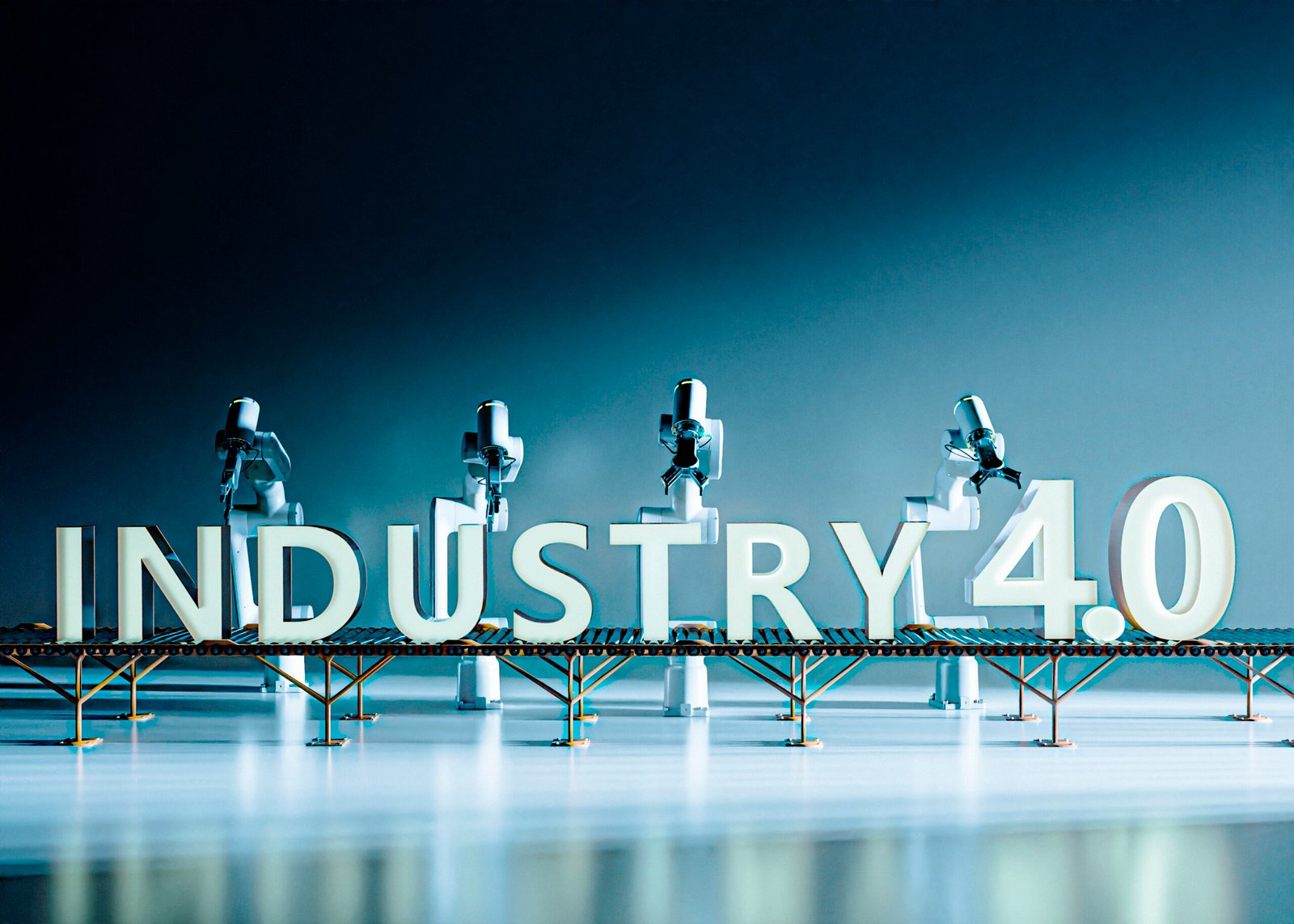How Industry 4.0 is Transforming Manufacturing

Industry 4.0, also known as the Fourth Industrial Revolution, is fundamentally reshaping the manufacturing sector by integrating advanced technologies like the Internet of Things (IoT), Artificial Intelligence (AI), and robotics into production processes. These innovations are transforming traditional manufacturing into smart, automated, and data-driven environments.
One of the key components of Industry 4.0 is IoT, which connects machines, devices, and sensors to gather and exchange data in real time. This enables manufacturers to monitor equipment performance, detect potential issues before they cause downtime, and optimize production processes. For example, predictive maintenance systems powered by IoT can anticipate when machinery will fail and schedule repairs, reducing costly production interruptions.
AI is another game-changer in manufacturing. AI-powered systems can analyze vast amounts of data to identify trends, predict demand, and improve decision-making. In quality control, AI can detect defects in products more accurately and efficiently than human inspectors, ensuring higher standards and reducing waste.
Robotics and automation are also key elements of Industry 4.0. Automated systems can handle repetitive tasks with speed and precision, increasing productivity and freeing up human workers for more complex, creative roles. Collaborative robots, or “cobots,” are designed to work alongside human workers, enhancing safety and efficiency on the factory floor.
In conclusion, Industry 4.0 is revolutionizing manufacturing by making it more efficient, data-driven, and adaptable. Companies that embrace these technologies are positioned to stay competitive in the fast-evolving global market.
